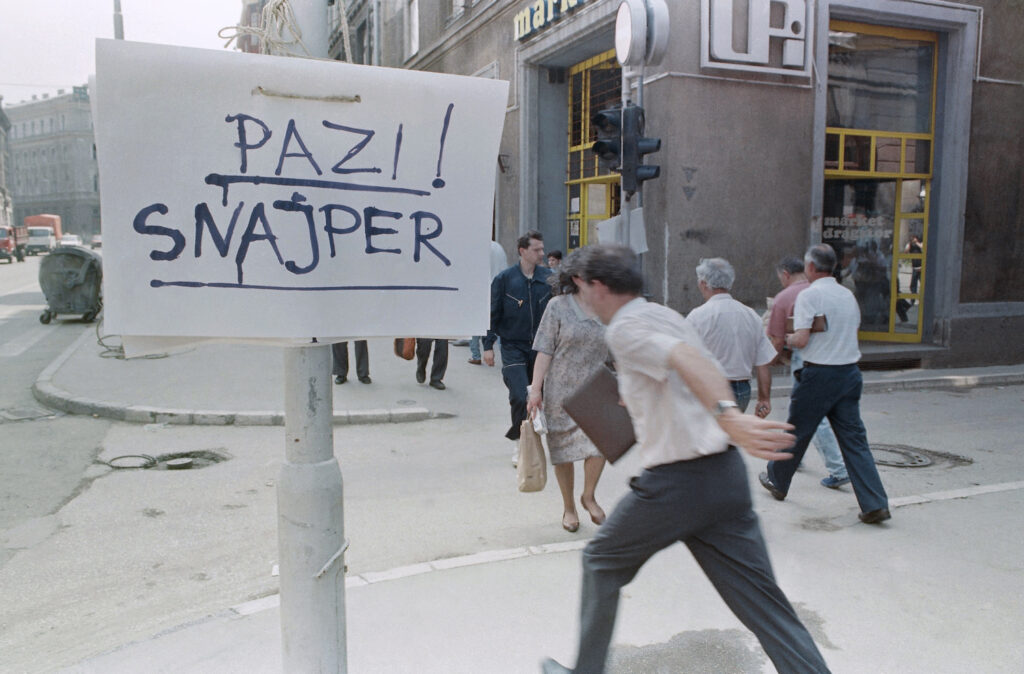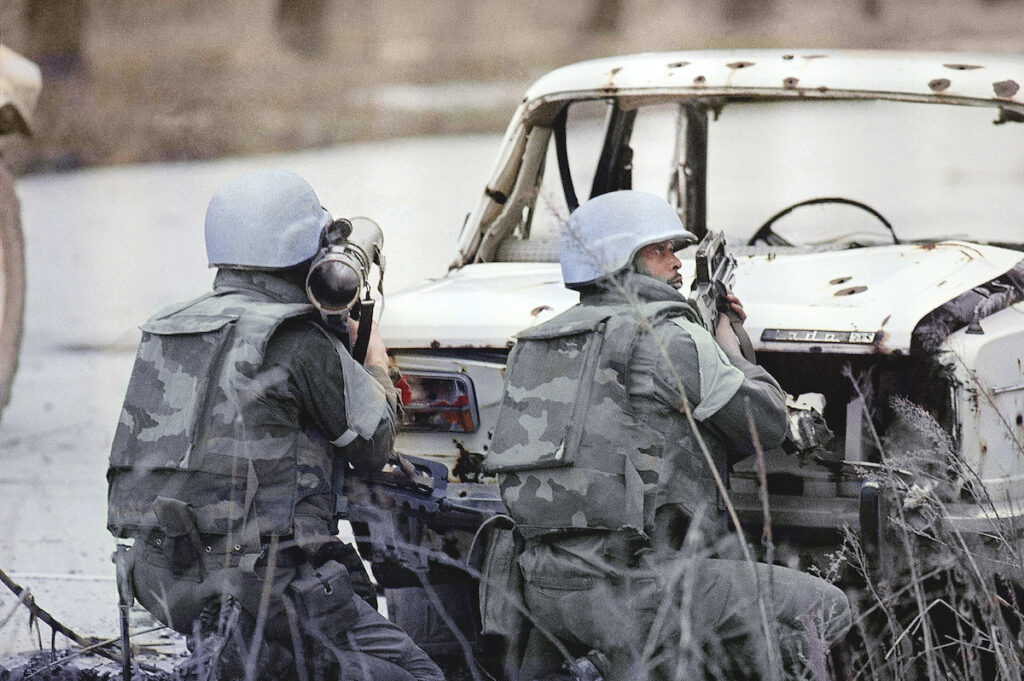By 1995, the name of Slobodan Milošević had become familiar to most Americans. As they watched the fall of the Berlin Wall in 1989 and the collapse of the Soviet Union with the rest of the world, they hoped that democracy would continue to spread throughout Europe in the wake of the Cold War. The disintegration of Yugoslavia in 1991/1992 under pressure from ethnic conflict came as somewhat of a shock to most Americans as well as presidential administrations, as they watched the Serbian President stir up Serbian nationalism in authoritarian speeches reminiscent of Adolf Hitler.
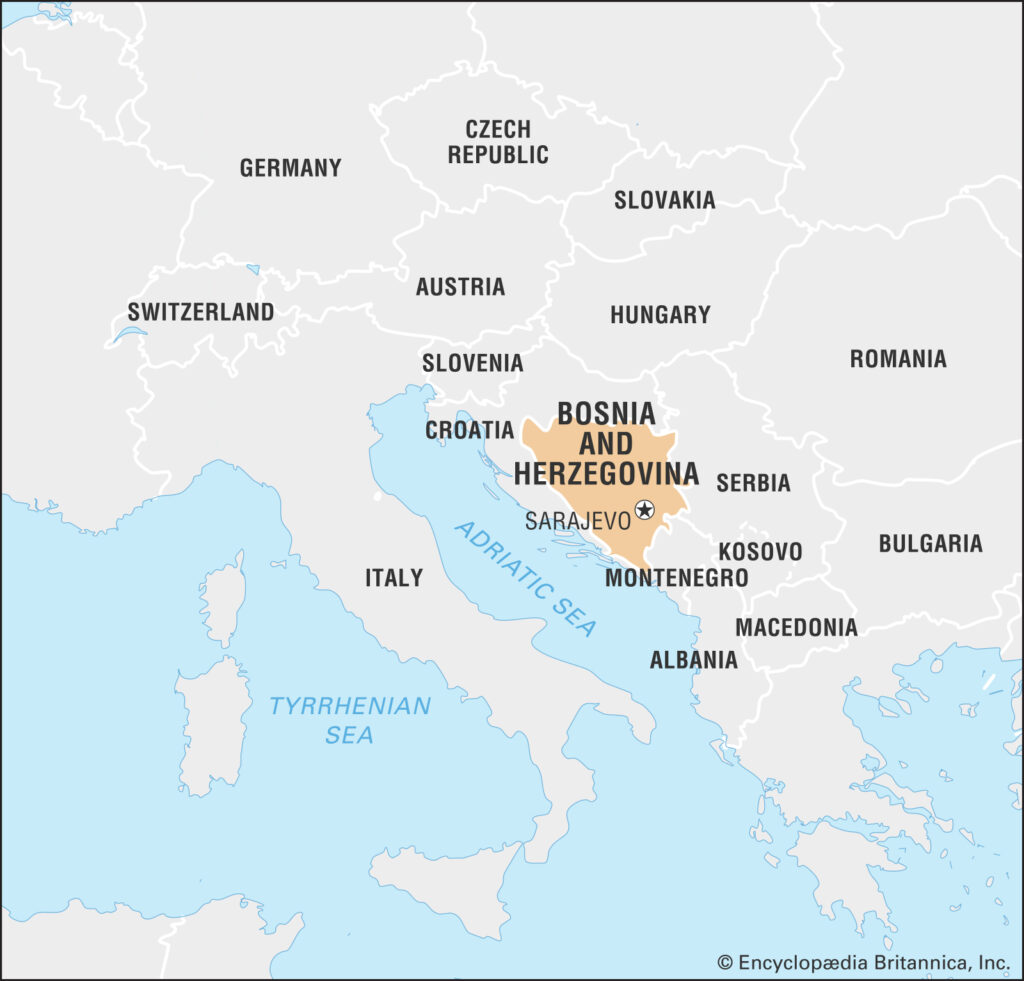
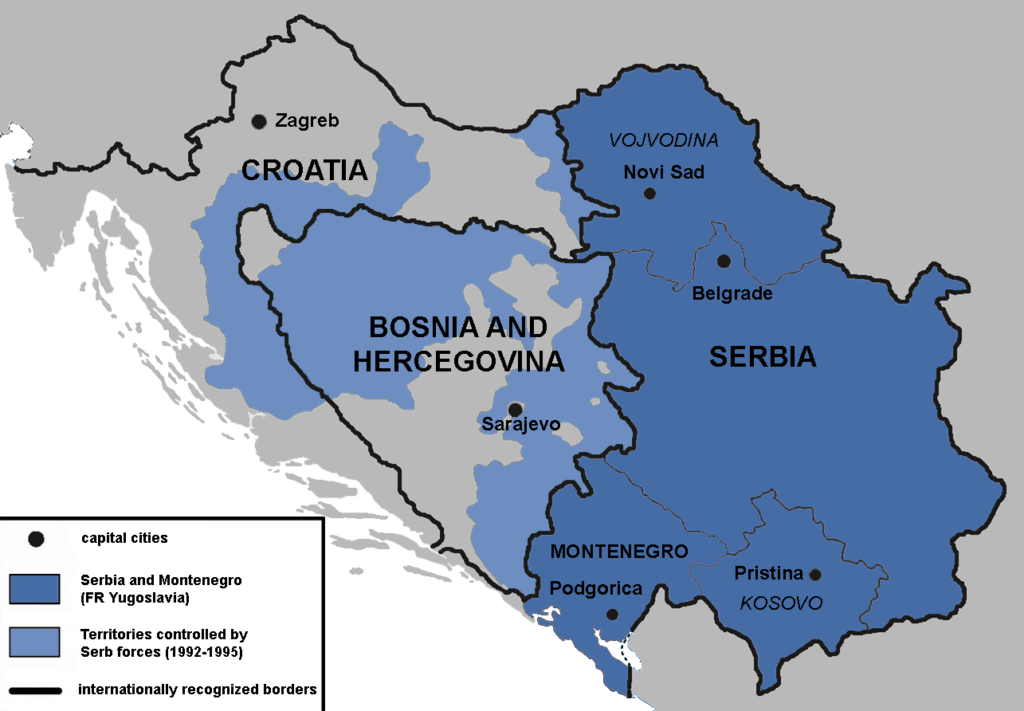
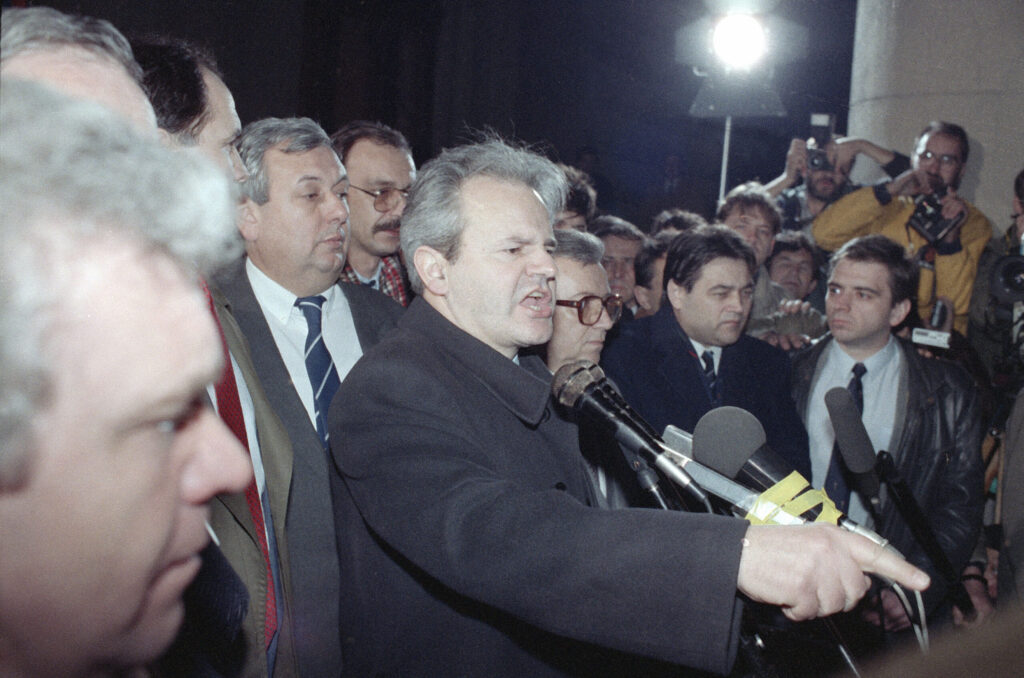

Preoccupied with the 1992 election and the handling of the Soviet collapse, President George H.W. Bush relied on the United Nations and NATO to stabilize the region after Slovenia and Croatia declared independence, but Milošević’s rhetoric and the fierce fighting increased horrifically after Bosnia withdrew from the Yugoslav coalition. Three ethnic groups—Serbian, Croatian, and Muslim—fought to expand territorial control over the region and engaged in acts of “ethnic cleansing.” Serbian forces pummeled Yugoslavia’s former capital of Sarajevo (the site of the 1984 Winter Olympics), with shelling and sniper fire, killing innocent civilians—and it was all broadcasted into American homes. Despite concern, however, most Americans did not want to send U.S. military to the region, fearing that the nation would be dragged into “another Vietnam.” It was a crisis that Bill Clinton inherited when he won the presidential election in 1992.
